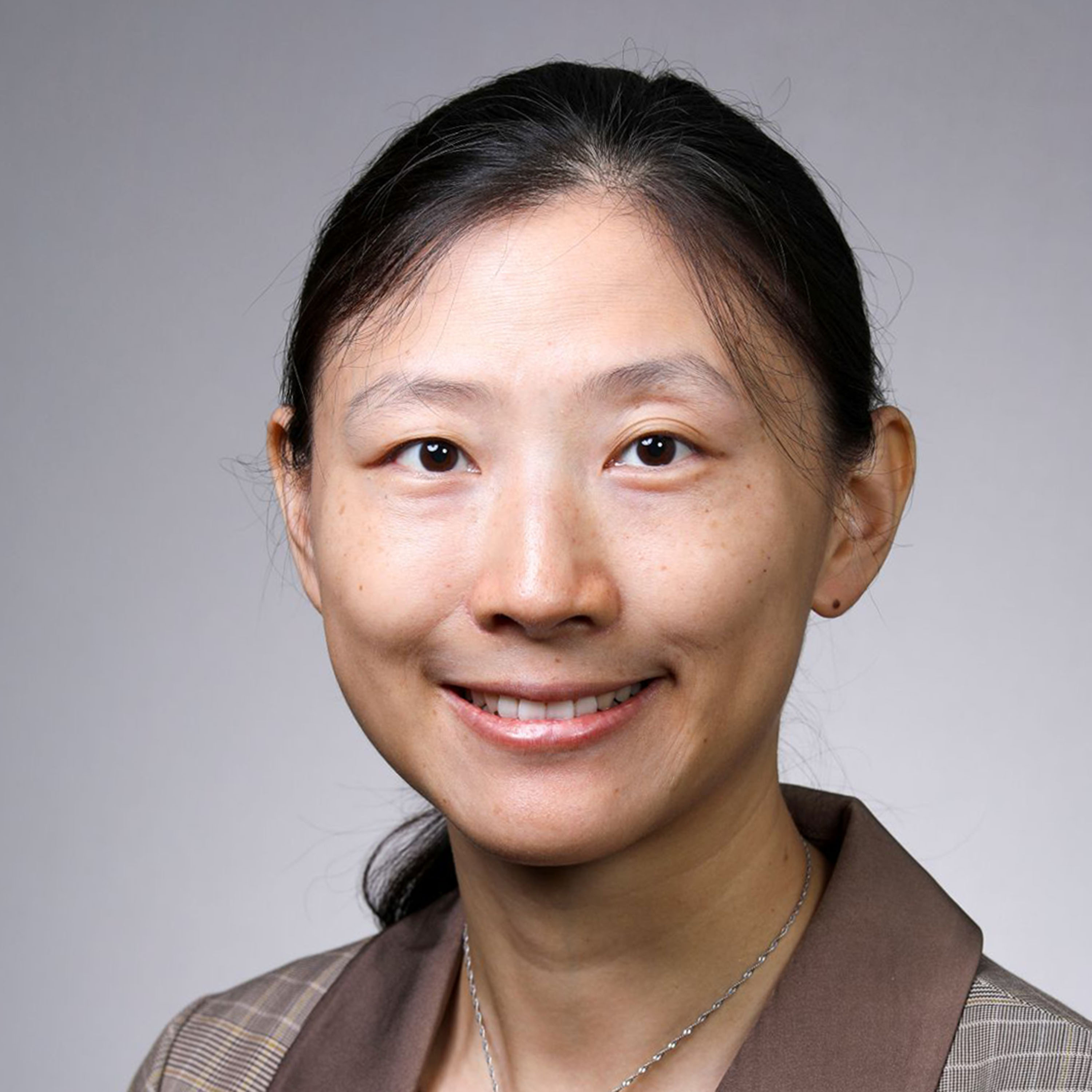
Yuting Wu, Ph.D.
Research Associate
The University of Texas at Austin
Bridging chemistry and neuroscience to reveal how chemical stress drives brain disease.
Learn more about me
Research Associate
The University of Texas at Austin
Bridging chemistry and neuroscience to reveal how chemical stress drives brain disease.
Learn more about meI am a scientist working at the interface of chemistry and neuroscience. My research focuses on developing nucleic acid-based sensors and sequencing platforms to measure metal ions and metabolites in living cells with cellular precision. These molecular tools aim to reveal how chemical imbalances affect neurons and glial cells, providing new insight into the mechanisms of Alzheimer’s disease and other brain disorders.
I trained as a cell biologist during my Ph.D. at Peking University, where I studied regeneration signaling pathways, and as a chemical biologist during my postdoctoral work with Professor Yi Lu at the University of Illinois and the University of Texas at Austin. This dual background allows me to bridge molecular tool design with complex biological questions.
During my postdoctoral training, I developed the first DNAzyme fluorescent probes that distinguish Fe2+ from Fe3+ in live cells and on tissue slices, uncovering localized redox imbalance near amyloid plaques and its link to inflammation and memory decline. I also co-developed sequencing approaches that integrate single-cell transcriptomics with metal ion activity, connecting chemical stress to gene regulation. To date, my work has resulted in 26 publications (six first or co-first author), five patent applications, and over 15 collaborations, contributing to more than $5.5 million in external funding.
Building on these foundations, my future research program will establish a group that integrates chemical biology, bioinformatics, and advanced imaging to uncover how molecular imbalances drive brain vulnerability and to develop new strategies for intervention. I am equally committed to inclusive, inquiry-driven teaching and mentoring that help students grow as confident, independent scientists.